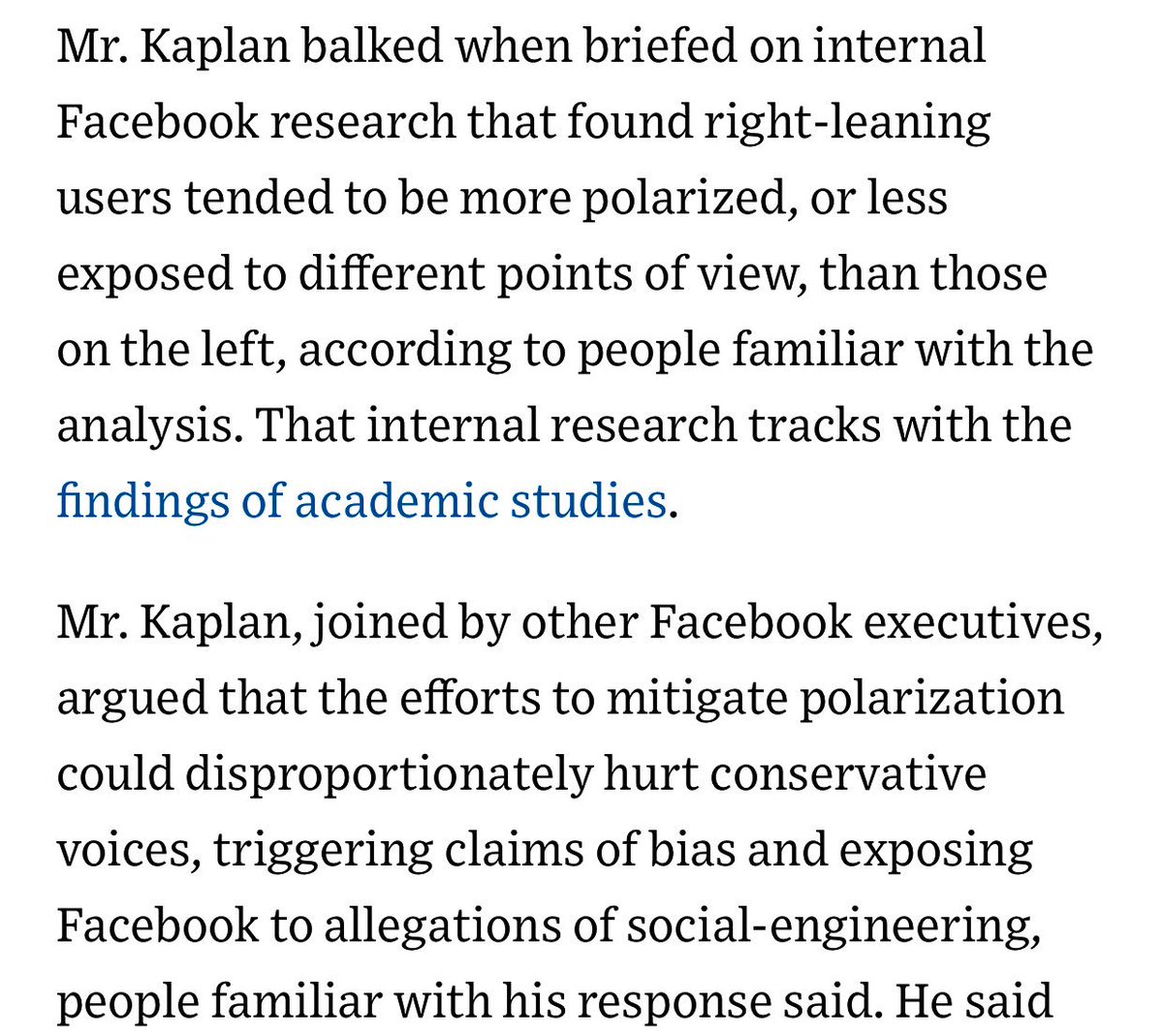
covering AI for @reuters. ex-@WSJ. Email: deepa.seetharaman@tr.com
Find me on Signal: https://t.co/tbyK3qv490
How to get URL link on X (Twitter) App




 Yet another sign that QAnon — which believes a group of pedophiles rule the world & Trump is their messiah — is increasingly visible. Dozens of candidates espouse QAnon views. @MollyMcKew says we could have a “QAnon caucus” in the next Congress. wsj.com/articles/qanon…
Yet another sign that QAnon — which believes a group of pedophiles rule the world & Trump is their messiah — is increasingly visible. Dozens of candidates espouse QAnon views. @MollyMcKew says we could have a “QAnon caucus” in the next Congress. wsj.com/articles/qanon…


